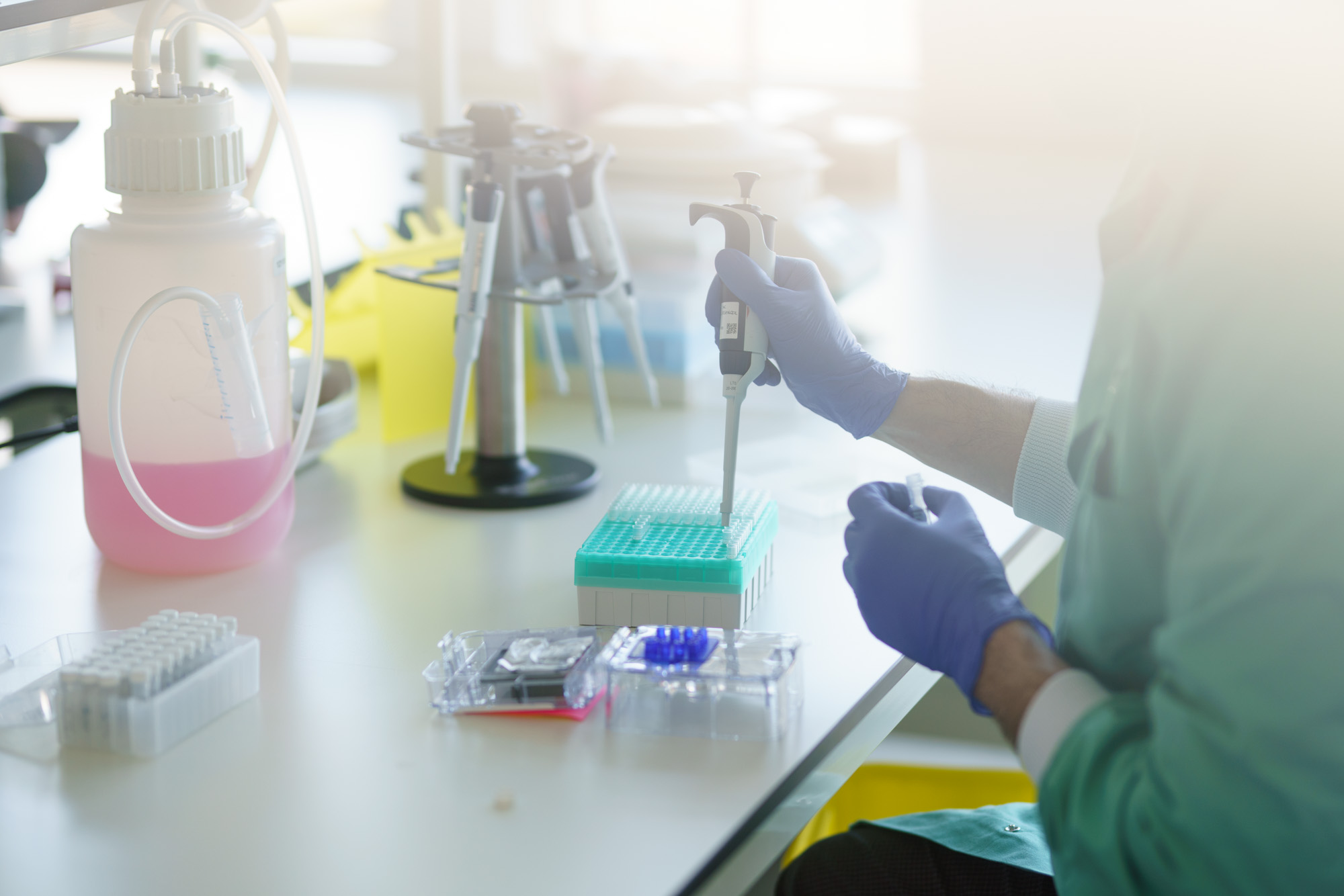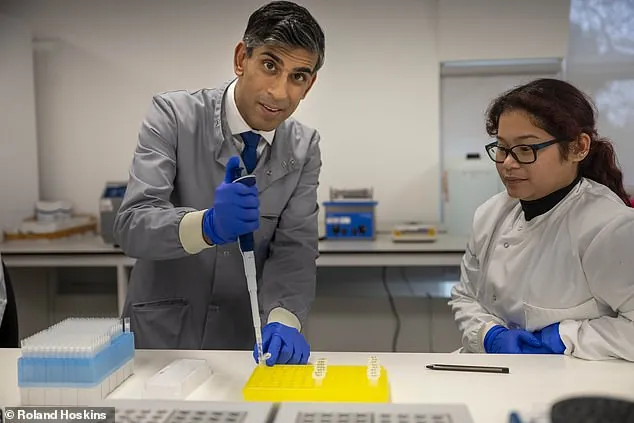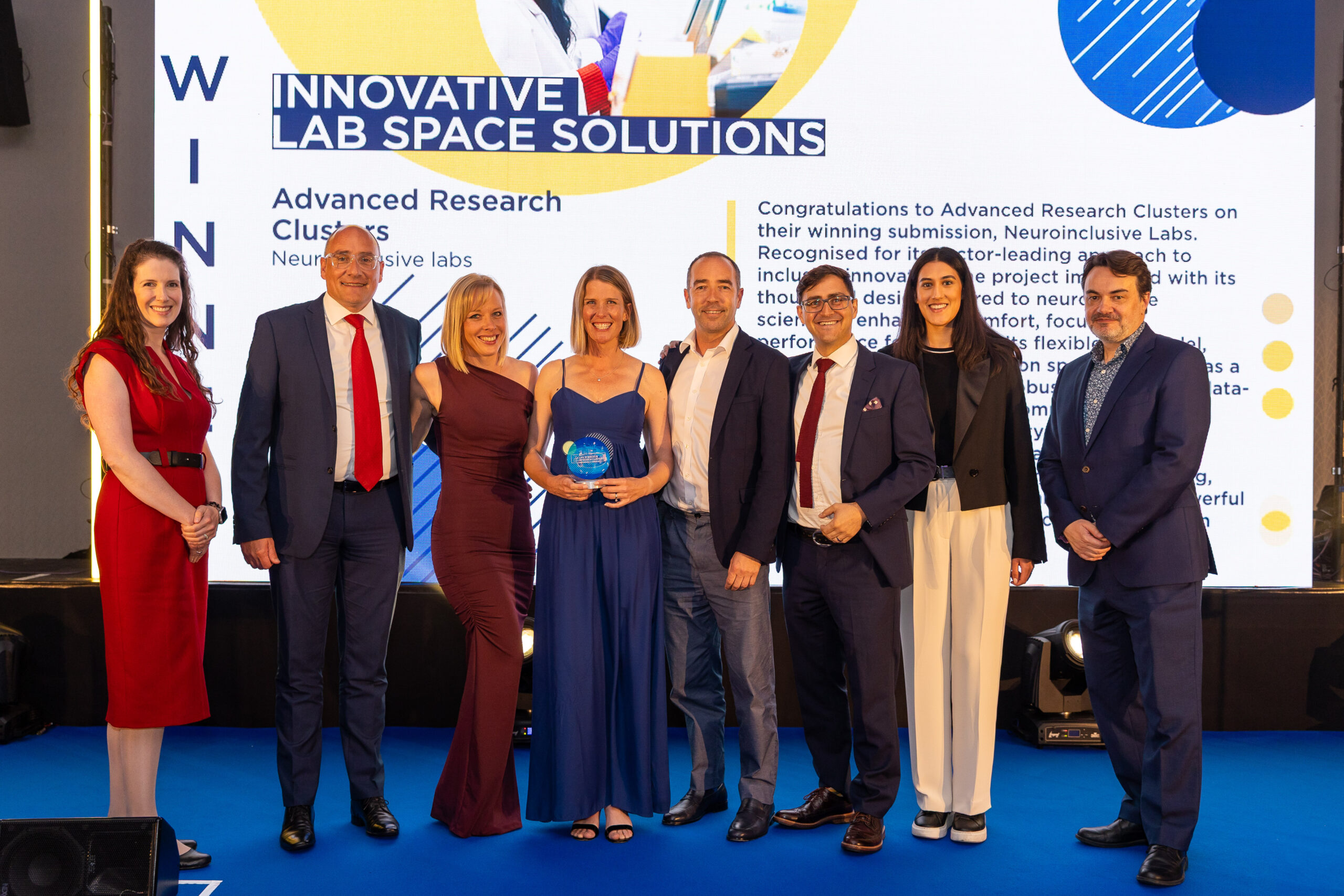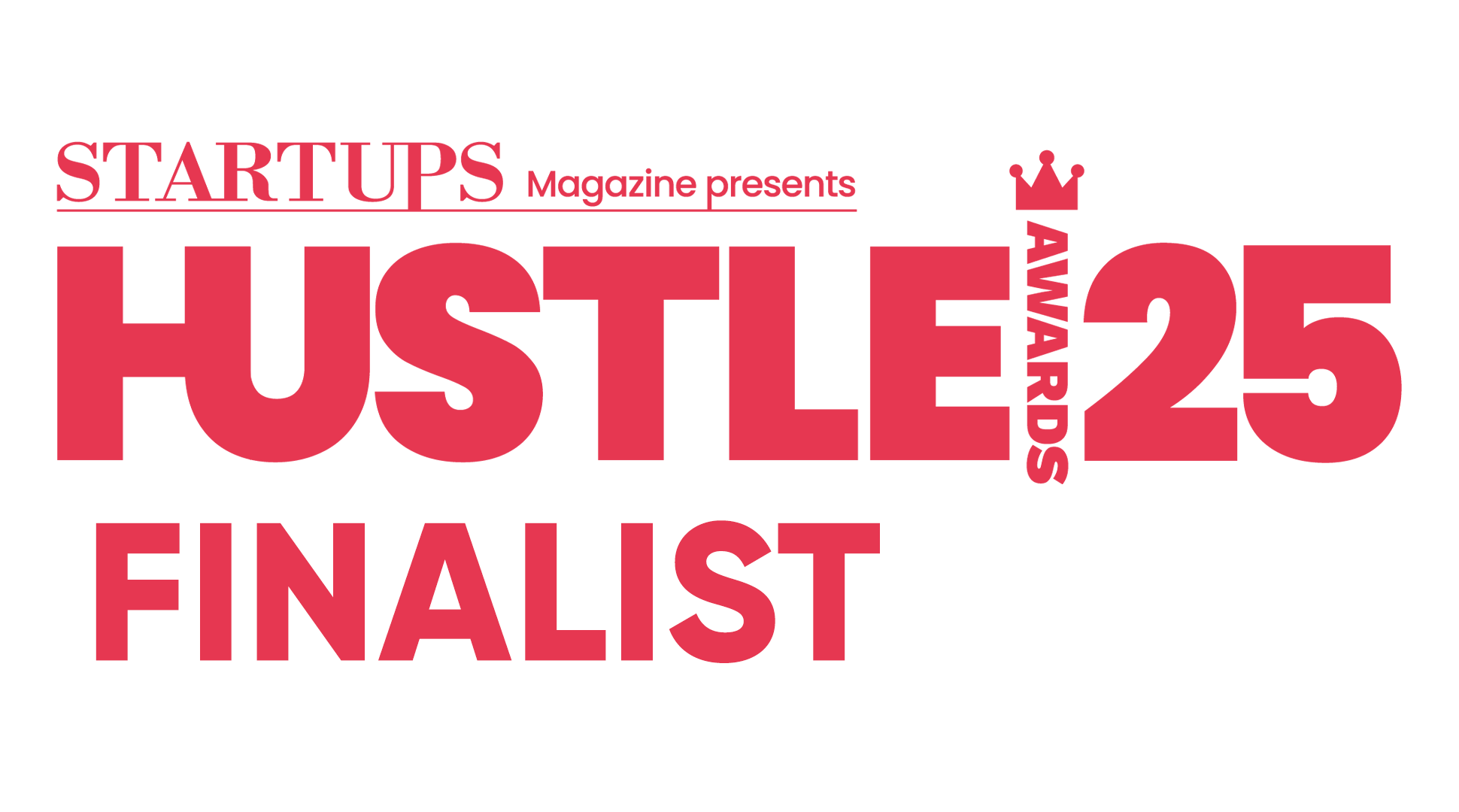Pioneering tomorrow’s science with inclusive lab spaces
It is estimated that around 20 percent of people have some form of neurodiversity. – an umbrella term covering a spectrum of neurological differences including autism, ADHD and dyslexia. It’s also well documented that many famous scientists were neurodivergent including Einstein and Edison.
Maslow’s Hierarchy of Needs suggests that if a person’s psychological and safety needs aren’t met and we don’t feel safe or secure in spaces, we have a reduced ability to function at a higher level, which is why, we believe, at ARC that it’s fundamental to create the right environment for our members.
Our community across ARC is made up of over 300 organisations across life sciences, space, energy and quantum and around 10, 000 people. Therefore, if we’re to unlock the full potential of our scientific community, it’s important that we invest in spaces where all neurotypes can collaborate, to deliver world leading innovation supported by their environment, not despite it.
While there is a plethora of research in existence around designing neuro-inclusive workplaces there is a dearth of research into the field of how these concepts are applied in scientific and laboratory environments. It’s something our director of development Jenny Gardner feels passionately about. By asking questions like who is this space for? Are their needs being met? What does inclusivity really look like? she’s established a new guiding principle for ARC — one that seeks to make spaces better for everyone, not just a select few.
It’s also why we’ve teamed up with Dr Edward Edgerton an environmental psychologist and our architects HOK, a leader in designing for neurodiversity in the workplace, to expand our research into how we design exploratory and scientific lab spaces to be more neuro-inclusive for all and to address many of the challenges that we face in built spaces, whether it be acoustic, visual, tactile etc.
To kick off our research, we’re asking our community to take a few minutes to complete a survey to help inform this work. The survey is open to all individuals, (neurodivergent and neurotypicals), that work in scientific spaces. Participation in the survey is voluntary and anonymous.
HOK’s plethora of research is driven by Kay Sargent, HOK’s senior principal and director of thought leadership and interiors, “when you design for sensory processing, addressing sensory stimulation and cognitive distractions, it’s not just good for people who are neurodivergent it’s good for everyone.”
With a development pipeline planned of over one million sq. ft across ARC sites, Oxford, West London, Harwell Science and Innovation Campus and Uxbridge, alongside additional office to lab conversions, we’re poised to integrate these insights from our collaboration into our projects.
Take the Link Building at Harwell Campus, a development led by Jenny Gardner, which sits at the heart of the Accelerator Quarter. The Link (currently in planning) has been intentionally designed to have different zones, tailored to different needs. While the downstairs area will be an energetic space with a coffee shop, and a multipurpose staircase that can be used for seminars and events, the upstairs has a very different tone. This will be a space for deep focus with desks and small booths, with adjusted acoustics and lighting, where you can work by yourself and start to map out solutions to complex problems.
Despite the apparent simplicity of incorporating such features, a study conducted by The Entrepreneurs Network which surveyed 500 UK-based entrepreneurs who are diagnosed with at least one form of neurodiversity, revealed that only four percent of neurodiverse founders reported never experiencing discrimination because of their neurodiversity, which underscores the urgency of our mission. At ARC we’re committed to challenging this status quo, striving to create inclusive innovation spaces that empower every individual, irrespective of their neurotype.
The journey towards creating inclusive innovation spaces is a continuous process that requires a deep understanding of the diverse needs of all users. ARC, under Jenny Gardner’s guidance, has embraced the challenge of intentional design to ensure that our spaces not only accommodate, but also empower every individual—regardless of their role, abilities, or preferences. Our commitment to asking the right questions and engaging with the communities we serve is fundamental to our approach. By prioritising empathy and inclusivity from the outset, we are setting a new standard for the science and innovation industry.
Stay up to date with ARC news and more on our social media channels.



